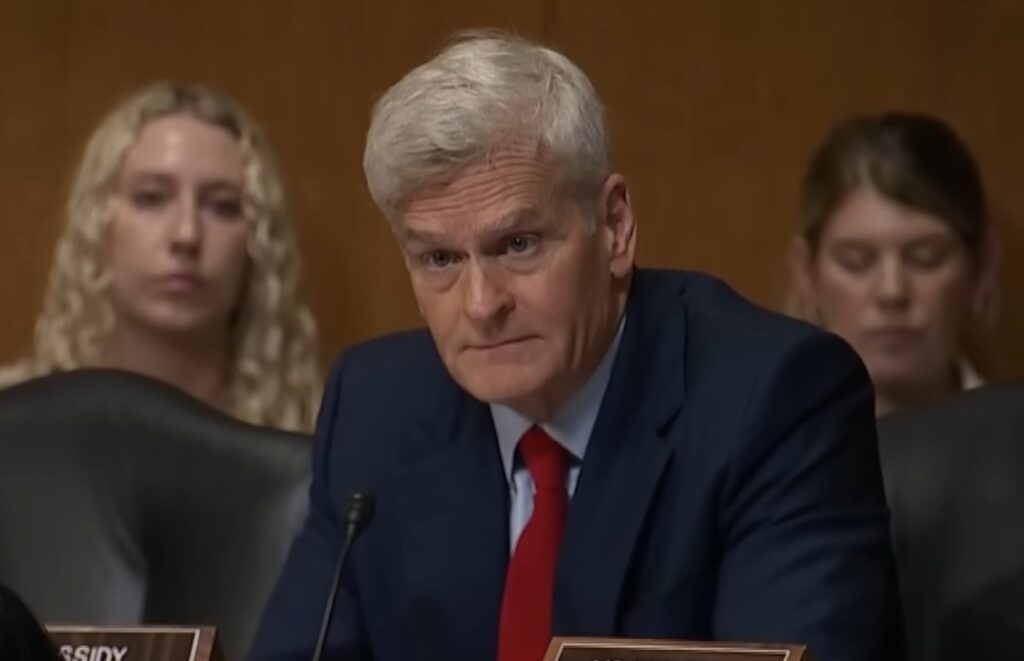Cassidy said the legislative package is not intended to “tear up unions” or to clash with bills introduced by the Hawley, Moreno, and Marshall wing, and this piece examines what that stance means for conservative priorities and workplace reform.
Senator Cassidy’s comments landed in a crowded debate about labor, reform, and Republican identity. He told reporters the legislative package is not meant to ‘tear up unions’ or clash with the bills introduced by the Hawley, Moreno, and Marshall wing, a line meant to calm fears and signal an attempt at unity. That framing matters because it sets expectations for how the GOP approaches labor policy in the coming session.
From a Republican perspective, the goal should be clear: protect workers’ rights while removing bad federal rules that slow job growth. Conservatives want to avoid being boxed into an anti-worker narrative, so stressing that the package is not designed to ‘tear up unions’ is politically smart. At the same time, the party must still press for reforms that encourage competition and economic freedom.
There is a practical side to this, too. Lawmakers need room to fix rules that hurt small businesses, make hiring harder, or tilt the playing field toward well-connected insiders. Republicans can argue for targeted reforms without painting every union as an enemy of progress. That approach keeps the focus on policy changes that boost opportunity rather than ideological fights that alienate working voters.
Those who lead the Hawley, Moreno, and Marshall wing have staked out distinct positions, and Cassidy’s reassurance is an attempt to keep the coalition together. It’s fine for lawmakers to debate strategy and specifics, but public messaging matters. Saying the package isn’t meant to clash with those bills helps reduce the chance of a damaging public schism that opponents could exploit.
On substance, conservatives can push for transparency, accountability, and portability in labor rules. These are politically defensible goals that appeal to both small-business owners and many rank-and-file workers. Framing reforms as pro-worker and pro-opportunity keeps the conversation anchored in tangible benefits rather than abstract conflict.
Republicans also should emphasize local control and flexibility. Federal one-size-fits-all mandates often produce unintended consequences and block innovation in different states and industries. Advocating for reforms that allow states and employers to tailor solutions fits a conservative view while respecting organized labor’s legitimate role.
Messaging will matter as much as the legislation itself. Saying you don’t intend to ‘tear up unions’ can defuse fears, but the party has to follow up with clear, concrete examples of how proposed changes will help workers and employers. That kind of specificity builds trust and counters the automatic fear that any labor-related change is an attack on livelihoods.
At the end of the day, Republicans need to balance principle and politics: pursue pro-growth reforms while avoiding unnecessary cultural fights. Cassidy’s line is a reminder that unity is possible when the focus stays on results for everyday Americans. The party can move forward by making the case for reforms that expand opportunity without demonizing institutions that still matter to millions of workers.



